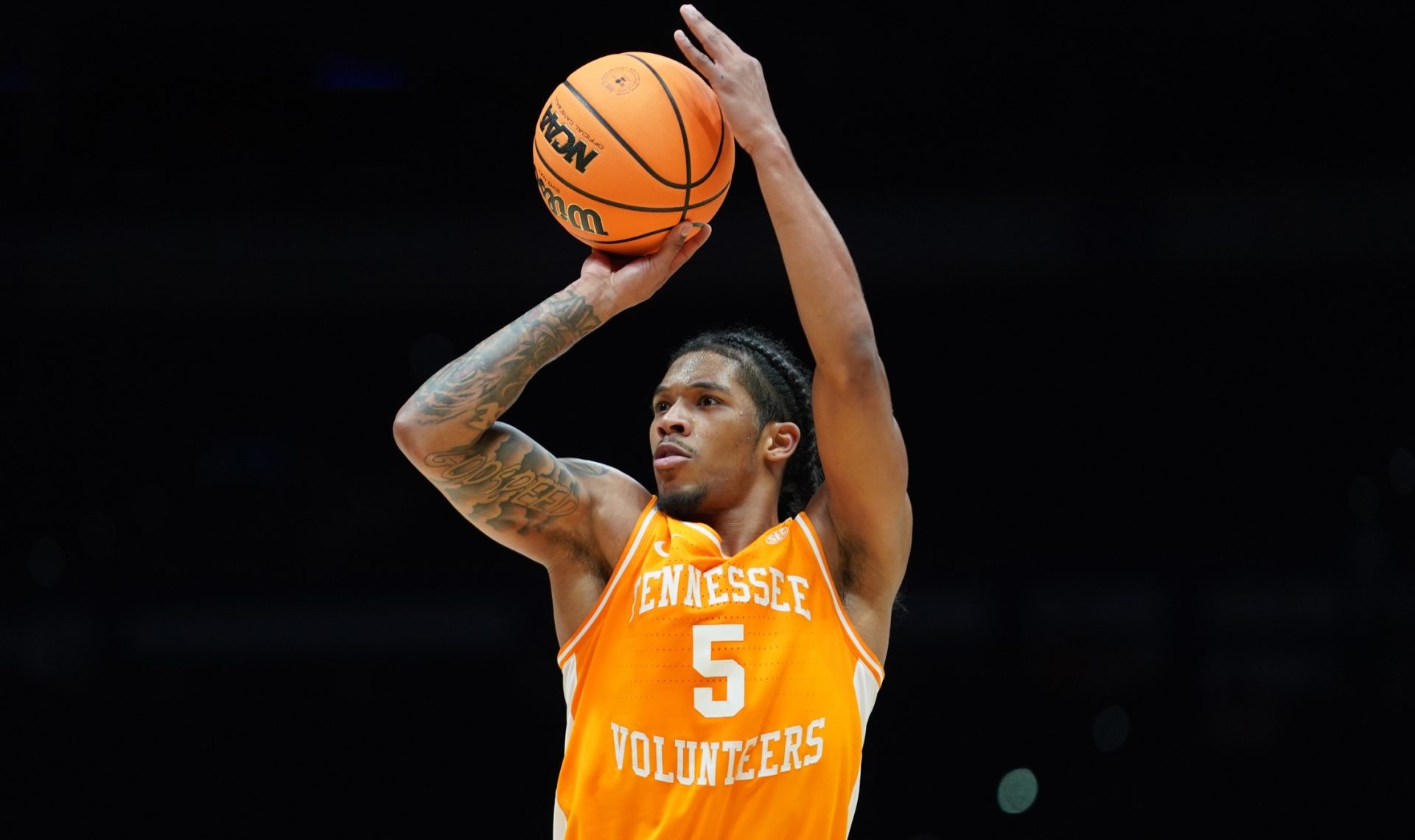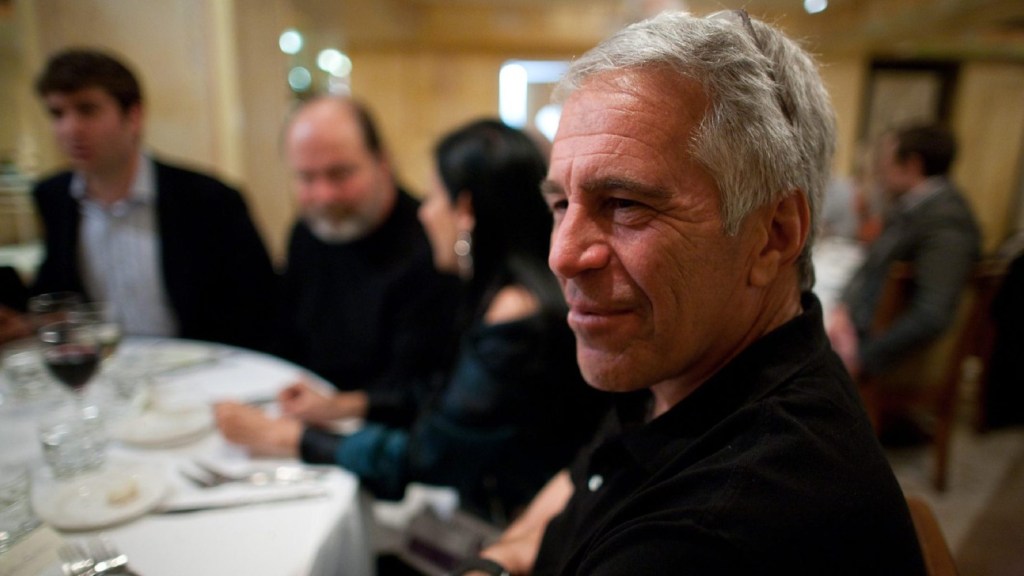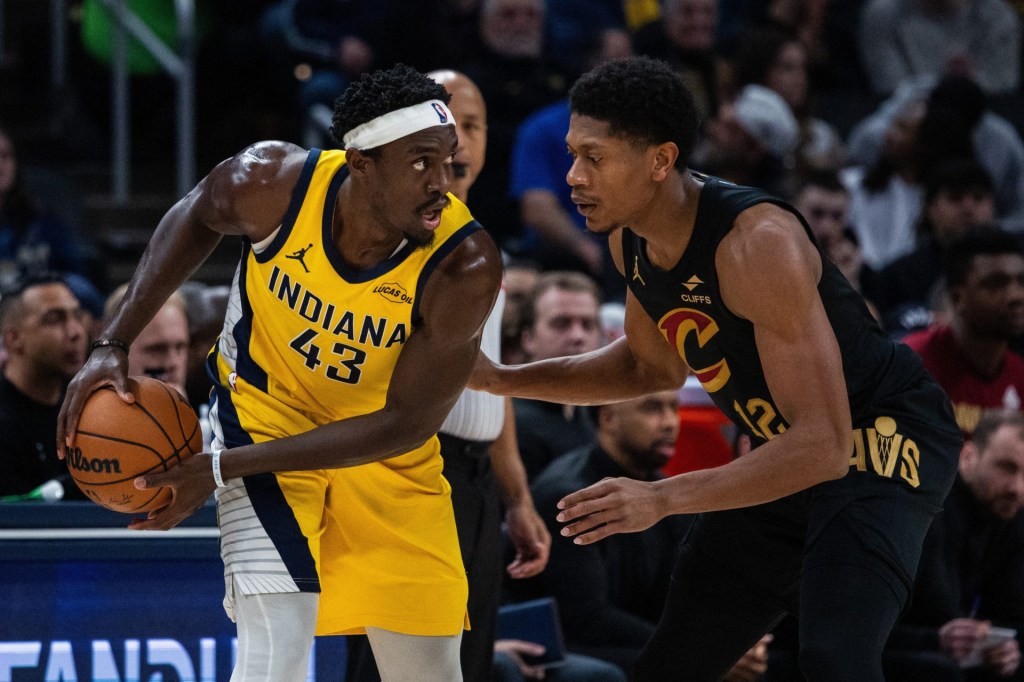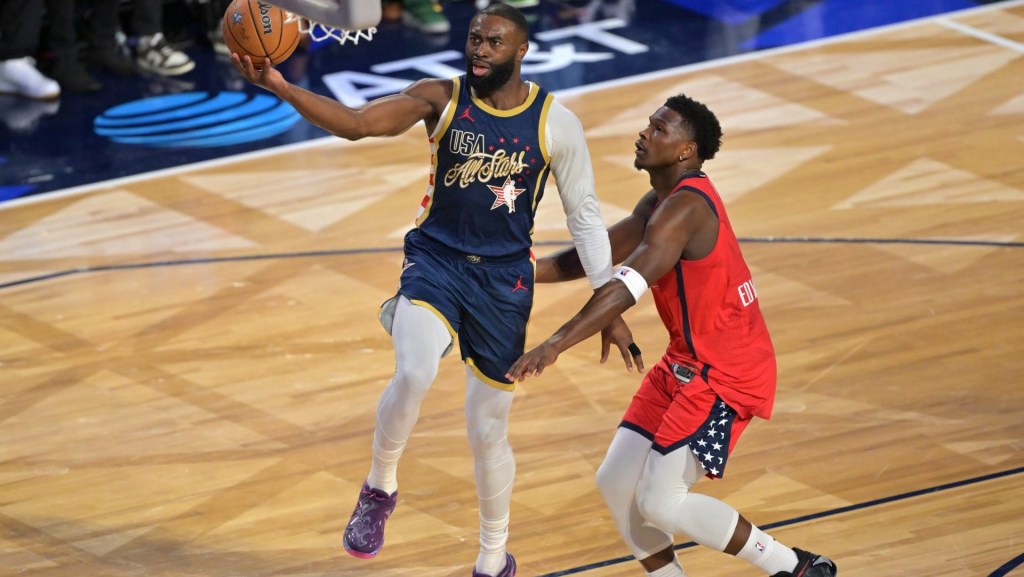Tennessee’s all-time assists leader is seeking one for himself from the courts.
Zakai Zeigler, who led the Volunteers to two Elite Eight appearances, is suing the NCAA for a fifth year of eligibility, citing potential lost NIL (name, image, and likeness) earnings.
The suit is different from Vanderbilt quarterback Diego Pavia’s successful lawsuit that sought to have junior college not count against a player’s eligibility. Zeigler’s lawsuit asks for a fifth year of eligibility after playing four full years of NCAA sports. The 5-foot-9 point guard played four years at Tennessee before graduating this spring. He was also a two-time SEC Defensive Player of the Year.
Zeigler, who filed his suit in the Eastern District of Tennessee, is claiming he could make between $2 million and $4 million in NIL money next season, after he made just $500,000 this past season. The figures are based on an analysis Zeigler sought from Spyre Sports Group, which is Tennessee’s NIL collective, and not on actual deals Zeigler has been offered.
The NCAA traditionally gives college athletes five years to play four seasons, with a redshirt year available if an athlete is injured or needs time to develop, among other reasons. Zeigler is challenging the redshirt rule by arguing his earnings potential was hampered because he didn’t redshirt.
“All NCAA athletes should be eligible to compete and earn NIL compensation during each year of the five-year window—not just those selected to redshirt,” the lawsuit states.
His suit calls an athlete’s fifth year “the most lucrative year of the eligibility window for the vast majority of athletes.” It also says Zeigler’s class is the first in the NIL era to not get an extra year to compete.
The NCAA began allowing athletes to sign NIL deals in July 2021. Athletes who competed in the NCAA between 2016 and 2020 were all granted an additional year of eligibility due to the COVID-19 pandemic, but most of those athletes have exhausted their eligibility by now.
“The NCAA’s rule permitting only four seasons of competition within the five-year eligibility window is an unlawful restraint of trade under federal and state antitrust laws,” Litson PLLC and Garza Law Firm, which is representing Zeigler, said in a statement.
Zeigler needs a fast ruling. He wants an immediate injunction to play next season, as rosters and NIL deals are currently being finalized. If he’s successful, it could have massive ramifications across college sports because it could pave the way for other athletes who exhausted their four years of eligibility to get one more year.

















